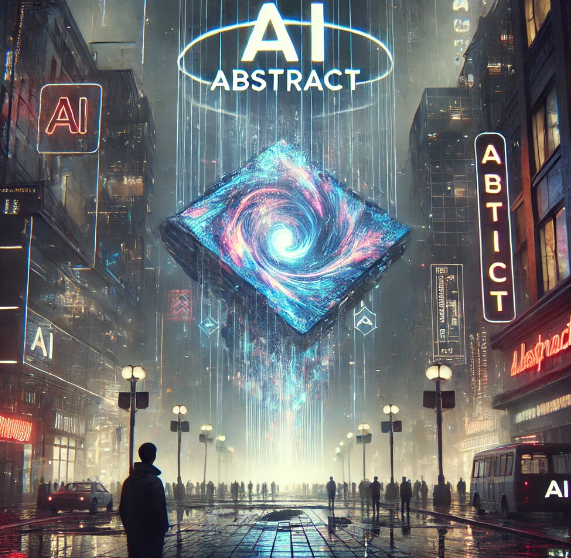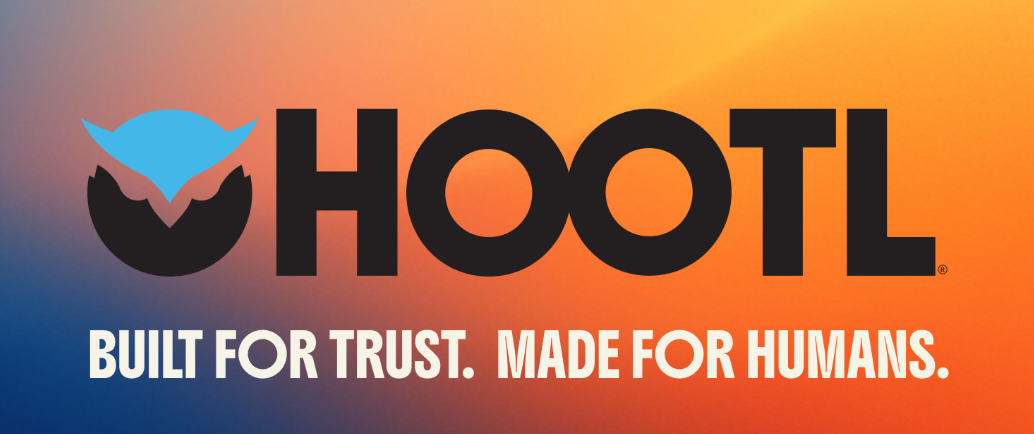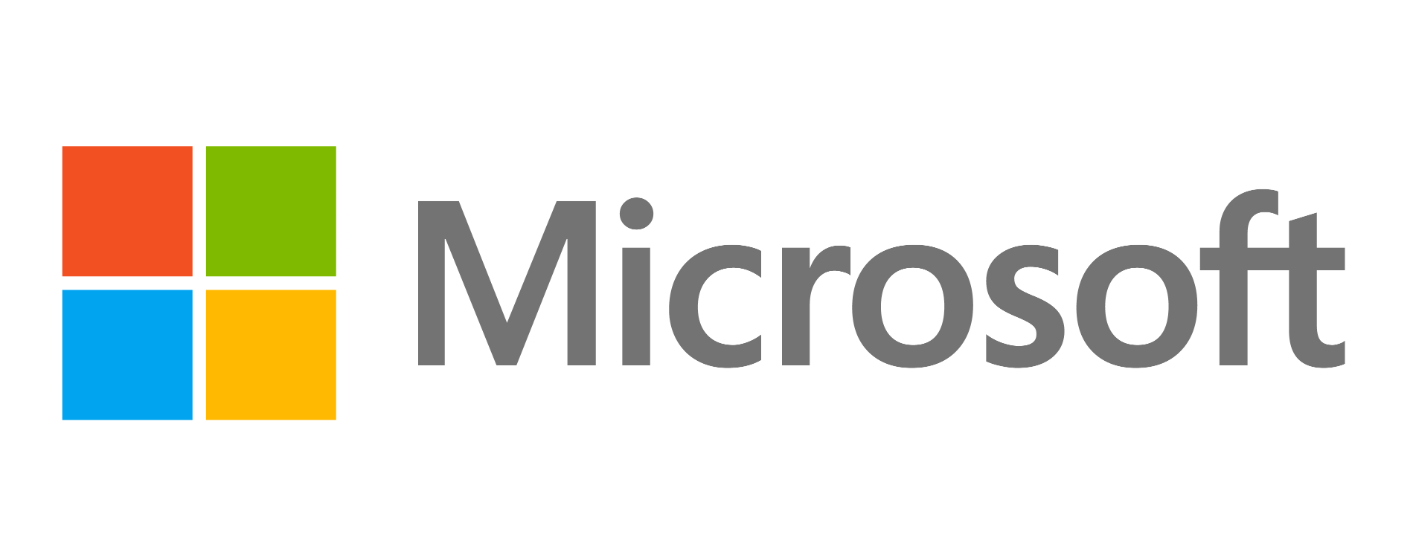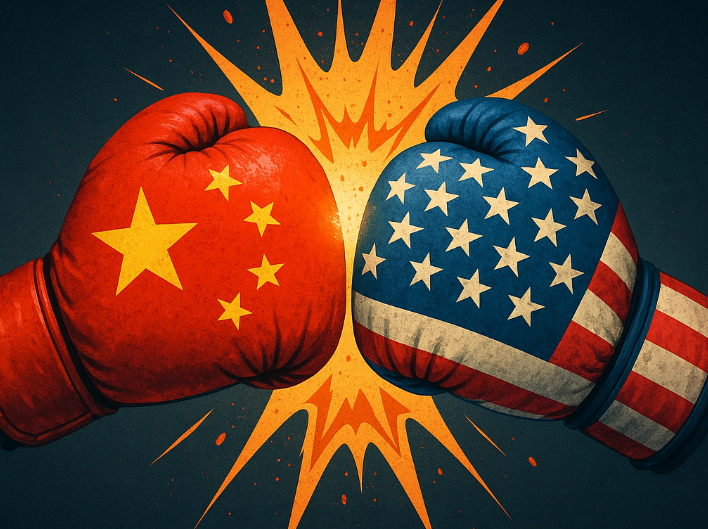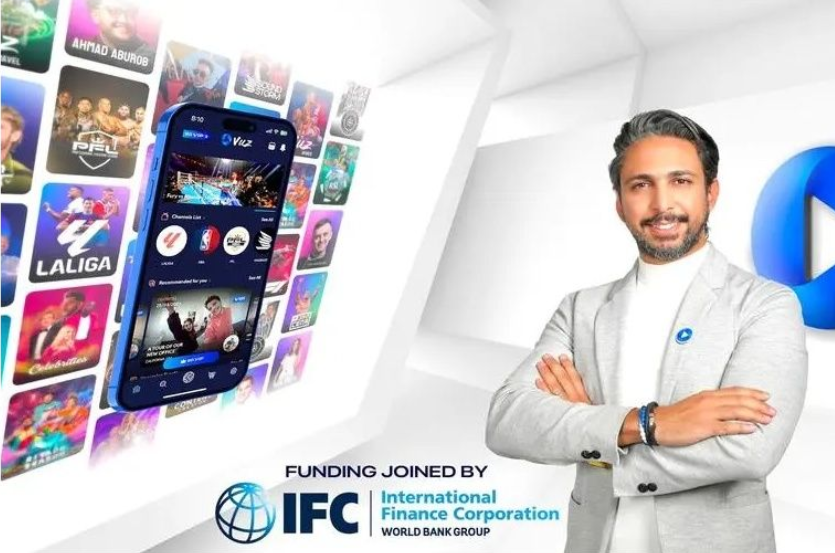In a panel discussion at the TIME100 Impact Dinner, four influential leaders — Ray Kurzweil, Chinasa T. Okolo, Elizabeth Kelly, and Ravi Kumar S — discussed AI’s future potential. The conversation elaborated on the extraordinary opportunities and the challenges posed by AI, with a focus on its implications across industries and global communities.
AI’s Rapid Ascension & Its Far-reaching Impact
Ray Kurzweil, a futurist and inventor who has spent more than six decades working with AI, described the remarkable trajectory of AI development.
“For most people, AI was something very abstract. Nobody really took it seriously until recently,” he said. Now, AI is becoming integrated into everyday life, from classrooms to boardrooms. Kurzweil expressed confidence in AI’s future, predicting: “We’ll have AGI (Artificial General Intelligence) by 2029. Most people think it’s going to happen sooner than that, but that’s only six years from now.”
Kurzweil’s optimism about AI extends beyond just technological advancements — he believes AI will enhance human capabilities.
“It’s not going to compete with us; it’s going to add to our capability. We’re going to merge with it, and we’re going to become a lot smarter,” he explained. This vision of AI as an augmentation to human intellect underscores the potential for AI to revolutionize fields ranging from healthcare to education.
Manipulation & Misinformation
While Kurzweil focused on AI’s transformative power, Elizabeth Kelly, Director of the US Artificial Intelligence Safety Institute (AISI), addressed AI’s risks, particularly in content manipulation and election security.
“Synthetic content is already playing a role, not just in elections but in various harms, including those to young women and girls,” she warned. With 74 global elections in 2024 alone, Kelly’s concern is that AI-generated misinformation could pose a serious threat to democratic processes.
To counter this, Kelly and her team are working on tools that can detect and authenticate synthetic content.
“We need the tools to detect synthetically created content, to authenticate what’s real and what’s not,” Kelly explained. She believes that developing and implementing these tools will be critical as AI becomes increasingly pervasive in both political and social spheres.
Generative AI as an Economic Equalizer
Ravi Kumar S, CEO of Cognizant, sees AI as a potential equalizer in the workplace, highlighting how generative AI could bridge gaps in skills and access to opportunities.
“With the advent of AI, you can lend expertise, bridge the gap between occupations, and reduce the entry barrier to specialized jobs,” Kumar said. He believes that AI will democratize access to high-quality jobs by providing on-demand expertise, particularly in underserved communities.
Kumar stressed that AI’s biggest potential lies in education.
“The most powerful use case for AI is going to be in education — a personal tutor,” he predicted. In his crystal ball he sees AI transforming learning, making knowledge accessible to anyone, anywhere and in their native language. This accessibility could drastically reduce inequalities in education and employment, especially in developing regions.
AI & Global Equity
Chinasa T. Okolo, a fellow at the Brookings Institution, discussed the importance of ensuring that AI benefits everyone, not just a select few. She expressed concern about the uneven development and application of AI technologies, particularly in regions like Africa.
“Prominent AI systems like ChatGPT don’t represent African languages well. A lot of this work is being led by grassroots communities, many of them without the necessary support and funding,” Okolo pointed out.
The challenges remain, but Okolo is hopeful. She shared examples of AI initiatives led by local innovators, particularly in Africa, that aim to bridge this divide.
“There’s a lot of opportunity in Africa, and throughout the global South, to help lessen this AI divide,” she said. Okolo’s work underscores the need for global cooperation to ensure AI technologies are inclusive and beneficial to all.
A Future Shaped by AI
The panel discussion presented to the audience a future deeply shaped by AI — one full of promise but also fraught with challenges. While Kurzweil championed AI’s potential to enhance human intelligence, Kelly urged caution regarding its misuse. Kumar, on the other hand, viewed AI as an economic equalizer, and Okolo stressed the need for global equity in AI’s development and application.
